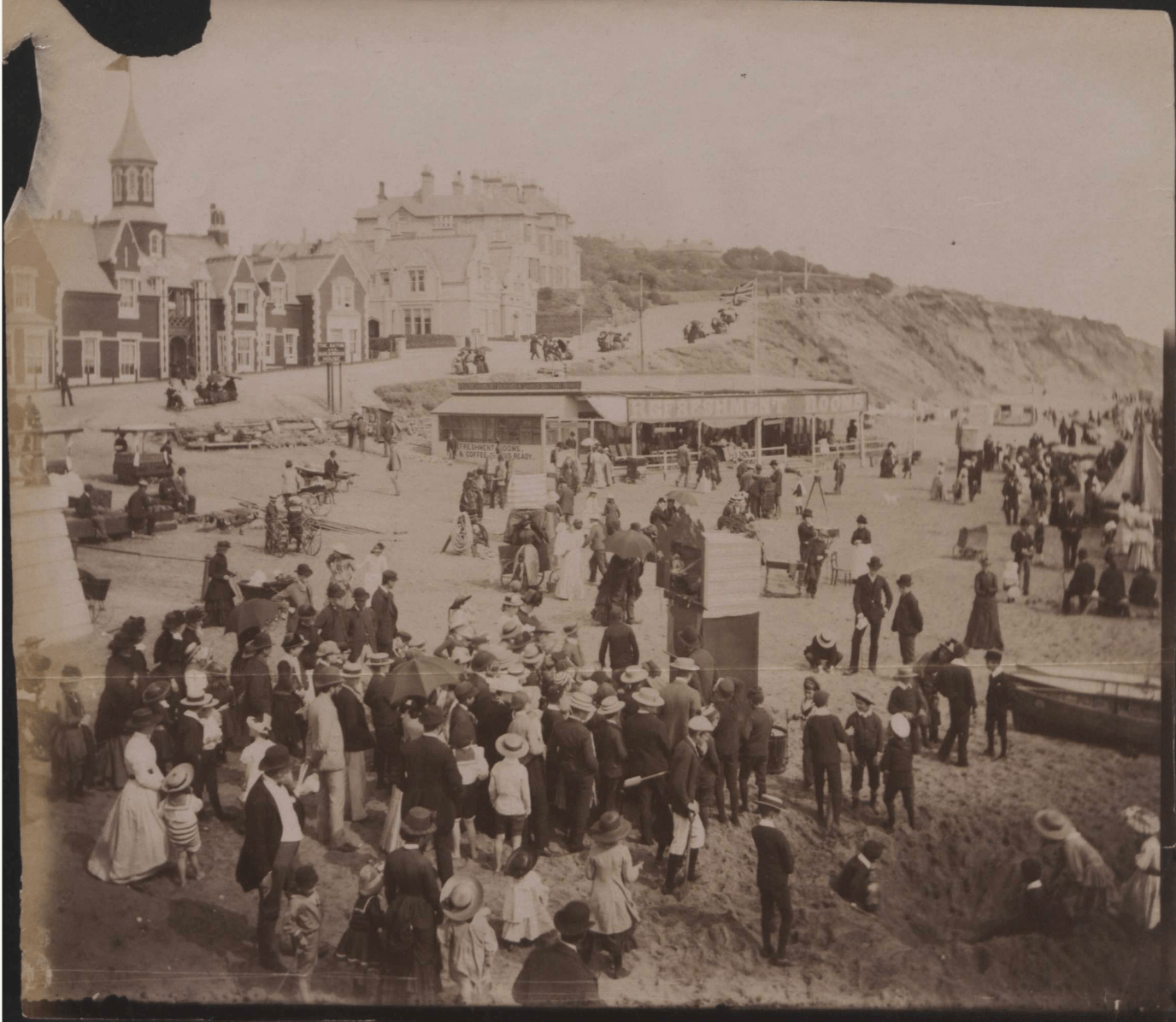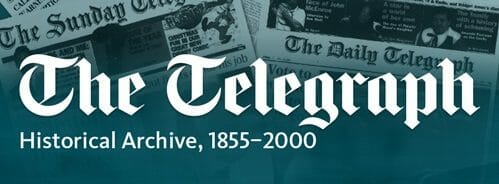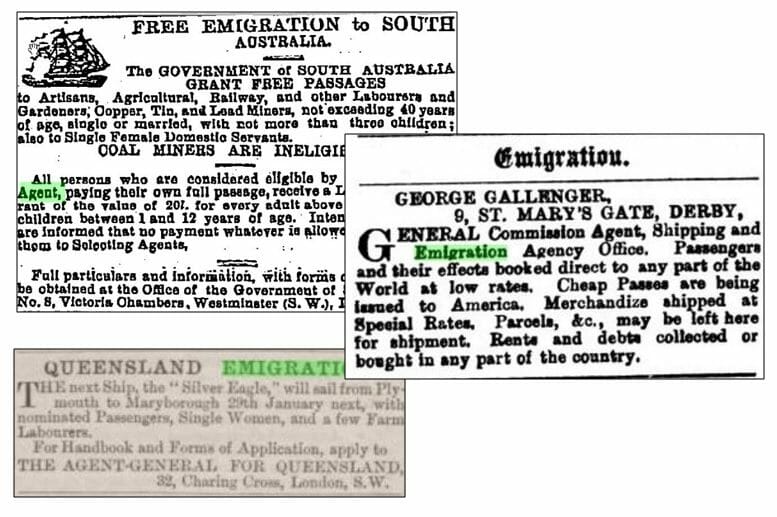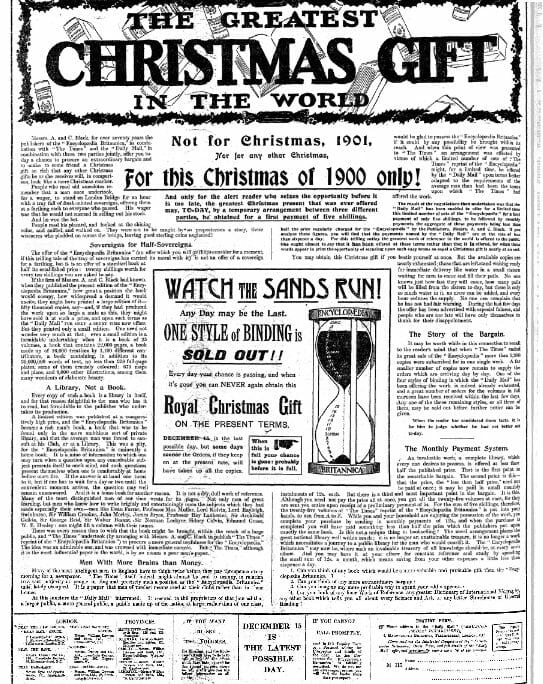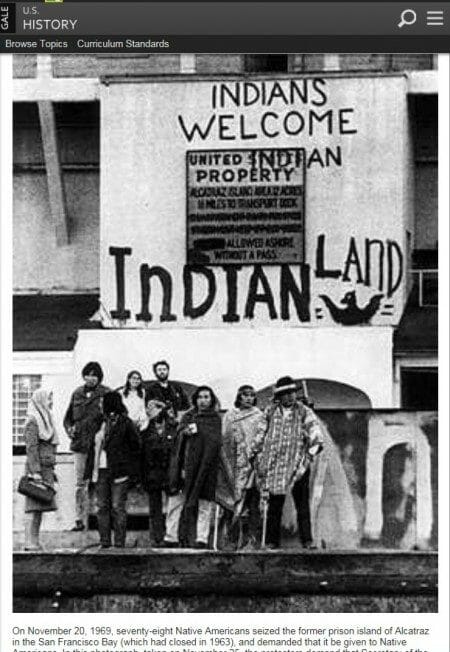Bournemouth offers many attractions—but before you take off to see the Lower Gardens or the Russell-Cotes Art Gallery & Museum, why not familiarise yourself with a bit of the history of this scenic spot?
The Times
Rogue Bras to Bogarts: April Fool’s Day in the Media
As I sat down to write a blog post for April 1st, I considered composing something creative, bizarre and downright untrue – as is tradition on April Fool’s Day. Perhaps I should explain that William Shakespeare will now appear in Gale’s Biography in Context as Wally Shakespoon, because it was the great bard’s given name before his publisher recommended he assumed a pen name with more grandeur and authority…Or maybe that State Papers Online will soon include Queen Victoria’s architectural plans to install a hot-tub in Buckingham Palace? My fascination for how and where this humorous tradition originated got the better of me, however, and I decided instead to root around the (real!) Gale resources to find out more about the origins and history of what many of us now call ‘April Fool’s Day’. It quickly became apparent that the answer is somewhat elusive. Not only are there numerous possibilities to negotiate, some explanations were pranks in themselves.
Business, Bribery and the Broadsheets: Researching Companies and Industry with The Daily Telegraph
With The Telegraph Historical Archive, 1855-2000 launching March 2016, we will be bringing you a series of essays from scholars featuring research case studies, enlightening biographies of key Telegraph figures, and more.
Dr James Nye is a Visiting Research Fellow at the Institute of Contemporary British History at King’s College London. His research focuses on the corrupt, scandalous reputation – deserved, or perhaps not – of the company promoter in the first few decades of the 20th century. In this, newspaper records are, of course, invaluable; specifically, the use of multiple newspapers, as ‘each journalist might record something different – a composite picture is reasonably likely to be much better than one that relies solely on The Times, however much it might be regarded as the principal paper of record’[1] .
Why study regional and local newspapers?
The British Newspapers, 1600-1950 series, the most comprehensive digital collection of regional newspapers from across the UK, is a key resource for studying local history. Part V, releasing in March 2016, will soon take the total number of pages covered by the series to over 5.5 million, with an impressive 161 newspaper titles. Academic Advisor to Parts I and II of the series, Dr Martin Conboy, described the series as an ‘enormously rich’ resource, which has already proved of great value to a range of scholars. But why invest in regional and local papers? What makes regional papers valuable to students and researchers?
The Commercialisation of Christmas
Undoubtedly, many still appreciate and celebrate the deeply religious roots of Christmas, yet it has also become a commercialised event in many countries today. From mid-November, high-streets are packed with snowflake window stickers, festive deals and cheery Christmas music to entice shoppers into an economically indulgent mood. Yet, despite the general consensus and participation in commercialising Christmas, this is often assumed to be a new phenomenon, part of today’s world. ‘Born to Buy’, an article in Gale’s Academic OneFile, offers an example of such sentiments;
Occupying Alcatraz: The Native American Experience Then and Now
Whilst the media widely documents the racial tensions still present in American society, there tends to be greater coverage of the plight of African Americans, leaving other racial and ethnic minorities under-represented. Given that this Friday, 20th November, is an anniversary of the day a group of Native Americans occupied Alcatraz island to highlight what they claimed to be historical and contemporary exploitation of Indian rights by successive governments, it seems opportune to spend time exploring Gale’s databases and archives to find out what occurred 46 years ago, and what it means for Native Americans today.

